this is my 'rejection collage,' made of the actual rejection emails from my 2006-2007 summer festival audition results.
summer festivals are ridiculously fun... when you actually get in. they combine orchestra, summer, and lots of hang time with new people. audition results have been rolling in from the various summer festivals, so i copied and pasted some people's results from facebook:
“see you in june, NRO!”
“congrats to _____ for winning a position at the Tanglewood Music Center!"
“congratulations to ____ on getting into Verbier!"
to the people whose facebook walls i stole these off, you guys are so awesome. total congratulations. however, this post is not for you. this is for the rest of us, who know how shocking, disappointing, and terrible it feels each and every time a rejection letter comes. i've been in the rejected group so many more times than i've been in the accepted group that i know exactly how it feels.
however, the summers that i was rejected from everything were some of the most productive and worthwhile summers i've ever had. since a lot of you have gotten your summer festival results by now, i'd like to share how i turned those disappointments into something useful.
storytime
let's go back to 2007, two years into my undergrad at juilliard. i knew that i wanted to be an orchestral musician, but i felt like i was struggling so much in my playing and practicing that even a sub gig in the antarctica symphony orchestra would have been the successful achievement of my life at that point. whether it was for a performance, an audition, juries, or even informally playing for my friends, i always had one achilles heel: soft snare drum playing. (for you non-percussionists out there, replace soft snare drum with whatever technique is ruined by your nerves.)
as you are all fully aware, nerves is not an inconsequential struggle. it affects so many musicians that ‘performance psychologist’ is an actual profession that you can have. (thanks, bulletproof musician!) regardless of how comfortable it felt in the practice room, i would always end up shaking just a little and showing this glaring flaw in my playing.
summer festival rejection woes
i knew at the time that summer festivals were really the thing for orchestral-track musicians to strive for. not only was winning an audition to tanglewood or verbier on the resume of most professionals, but the experience of spending the summer learning repertoire and playing constantly in an orchestra under great conductors was one of the most valuable things that the pros talked about from their educational experiences.
i had wanted to go to summer festivals since high school, yet every live audition ended the same way - rejection. this kept happening for about three years - senior year of high school, and freshman and sophomore years of college. after one of these auditions, i’d had enough.
working on your audition process?
here's my 5-step guide to constructing your preparation process and optimizing it for maximum results.
for any instrument.
the last straw
this one wasn’t technically really different from any of the other auditions i’d played and been rejected from — it was just the moment that clarified things for me. the audition went something like this… i walked into the mannes school of music, where the music academy of the west audition was happening. i said hi to mike werner (whose job i now have!) and ted atkatz (who runs his own summer festival now!), and started playing. i knew that my strong instruments were mallets or timpani, since my snare drum playing always showed the glaring soft-playing weakness that was so affected by nerves. i played a pretty good porgy and bess, i think i might have run through rosenkavalier or tchaik 4 on timpani. when i got to snare drum, it was the same old thing. ugh. lieutenant kije was shaky, and my delécluse showed a lack of confidence because i knew that the soft measures just wouldn’t happen correctly.
it was the same story, one with a sad ending, as all 4 of the other summer festival auditions i did that year, all 5 the previous year, and around the same number before that. i’m talking about around 15 failed summer festival auditions in 3 years. but this one was the last straw.
so, what to do?
i decided that i needed to do something extreme. i said, “that’s it. i’m done messing around. whatever needs to happen in my snare drum playing so that i stop getting rejected from these summer festivals is just going to absolutely happen this summer, and nothing is going to get in the way. this is going to be snare drum summer, 2007.
so, in lieu of doing a festival, since i didn’t get into any, i stuck to the plan and devoted my entire summer to snare drum. when people asked me what my summer plans were, i said that i was “going home to start over on snare drum.” i wasn’t even sure what i meant by that other than that i was so desperate that i was willing to completely work from the ground up and change anything that needed to be changed in my snare drum technique.
i went home.
i went home to my hometown in chelsea, michigan, lived in my parents’ basement, and learned every delécluse étude that i could. i think i learned somewhere between 15-20 of them. it was an extremely long summer, and i practiced ten to twelve hours each day. but i slept well, lived comfortably, and focused deeply on the art of snare drumming. when i came back to school that fall, i had a different level of technique and of comfort on the instrument. i felt, more than ever, that i owned my snare drum playing in a way that i had never felt before. i was ready to take on anything that came at me on the snare drum.
what's your plan?
if you're taking a year off of summer festivals, what are you going to do instead? please write in the comments below!
looking for an audition breakthrough?
here's my 5-step guide to constructing your preparation process and optimizing it for maximum results for any instrument.

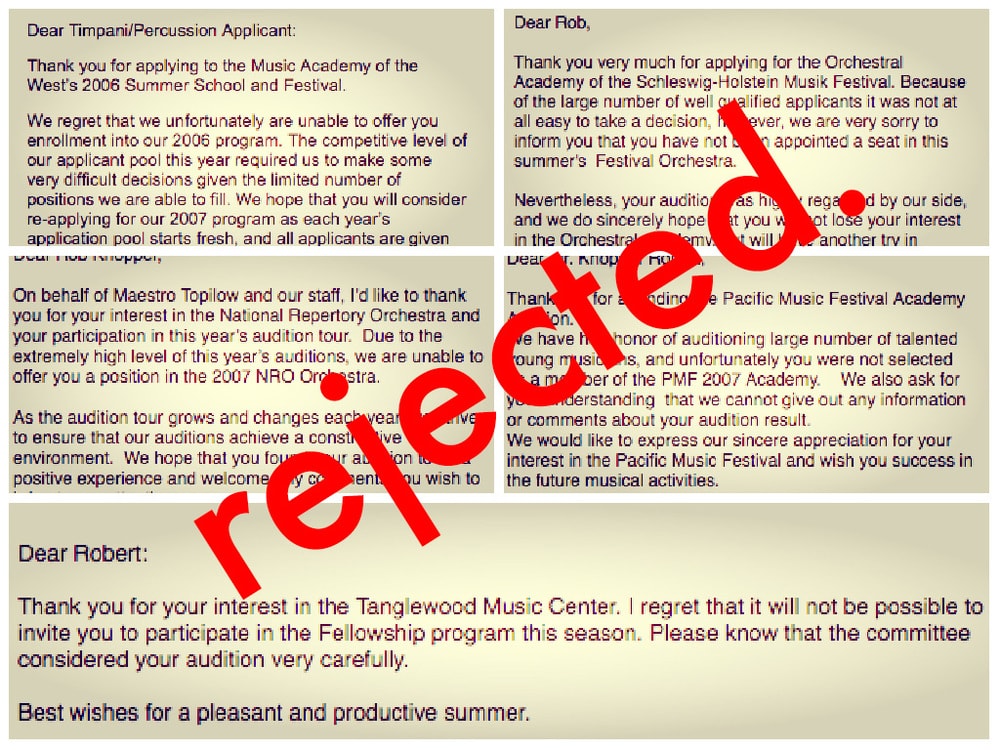

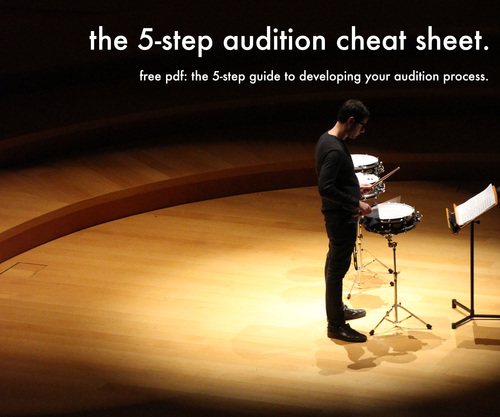


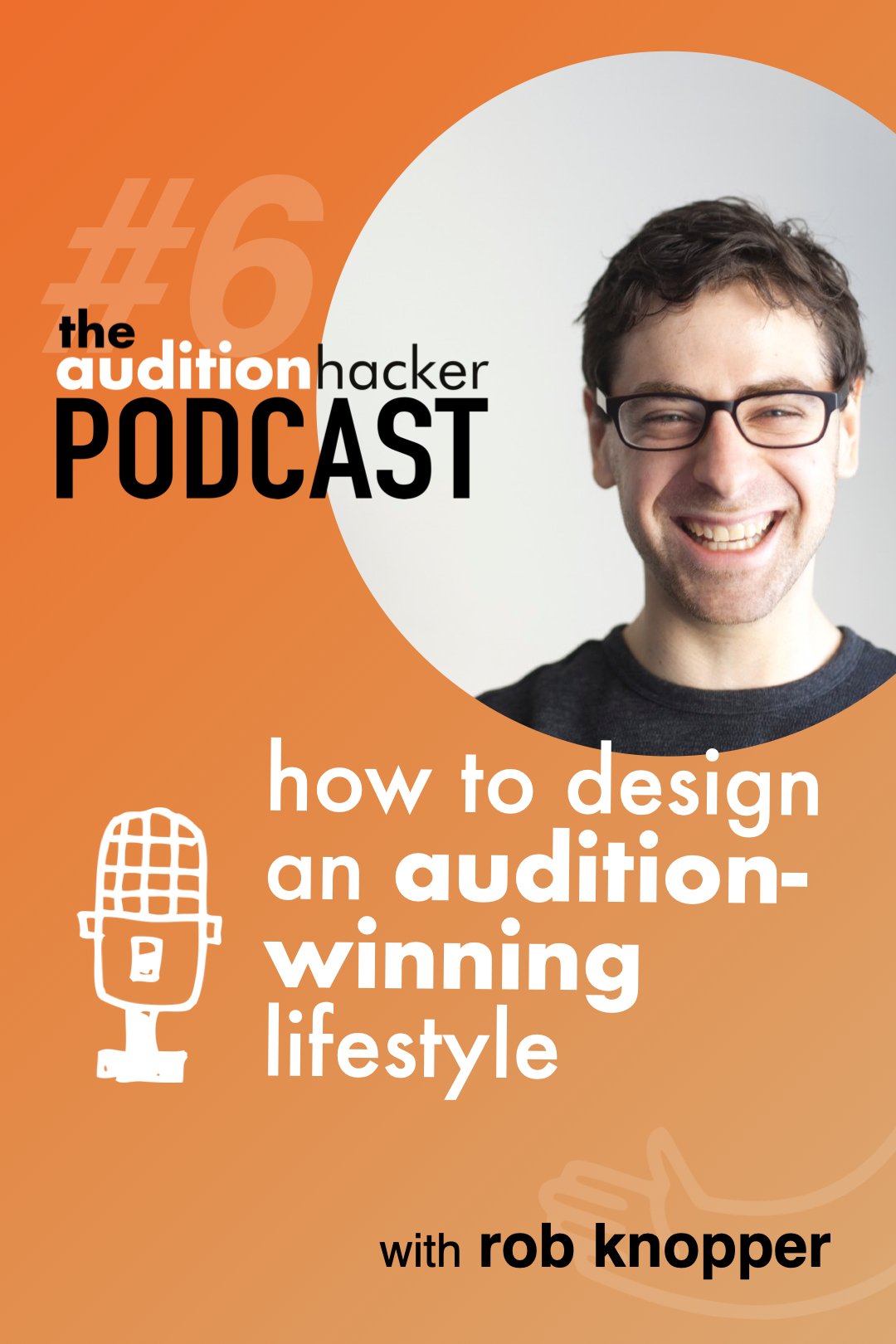

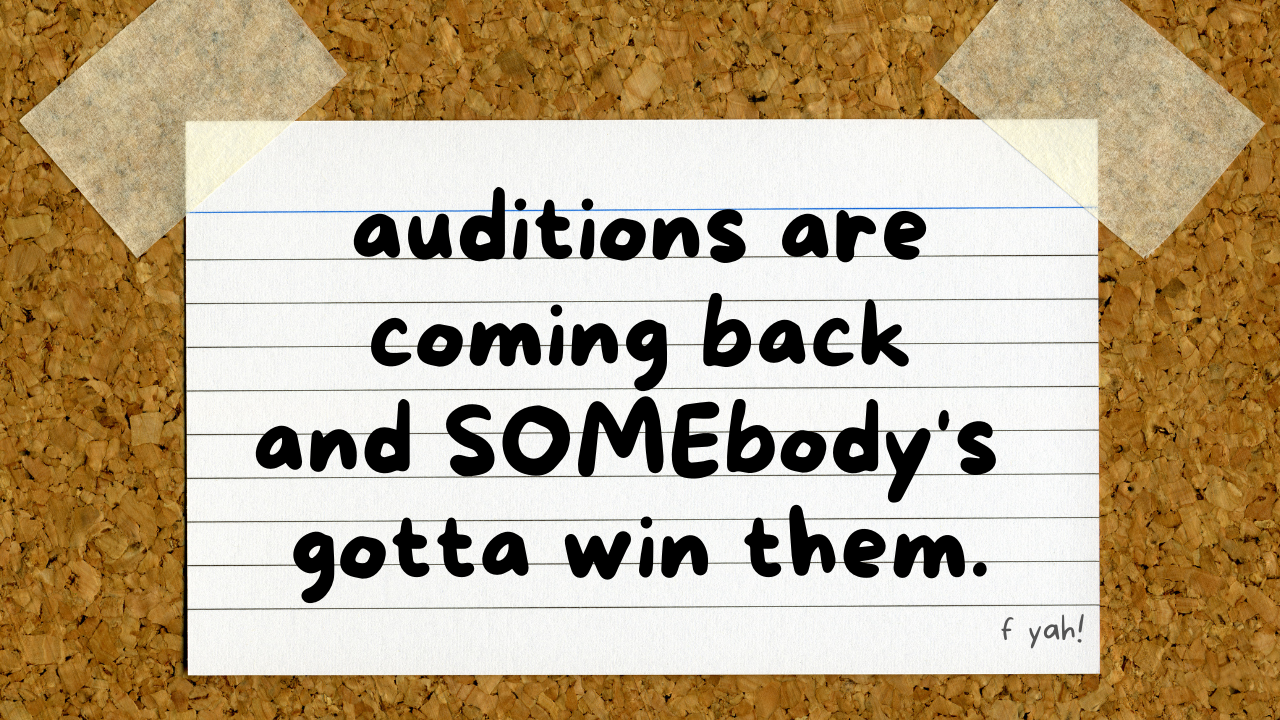

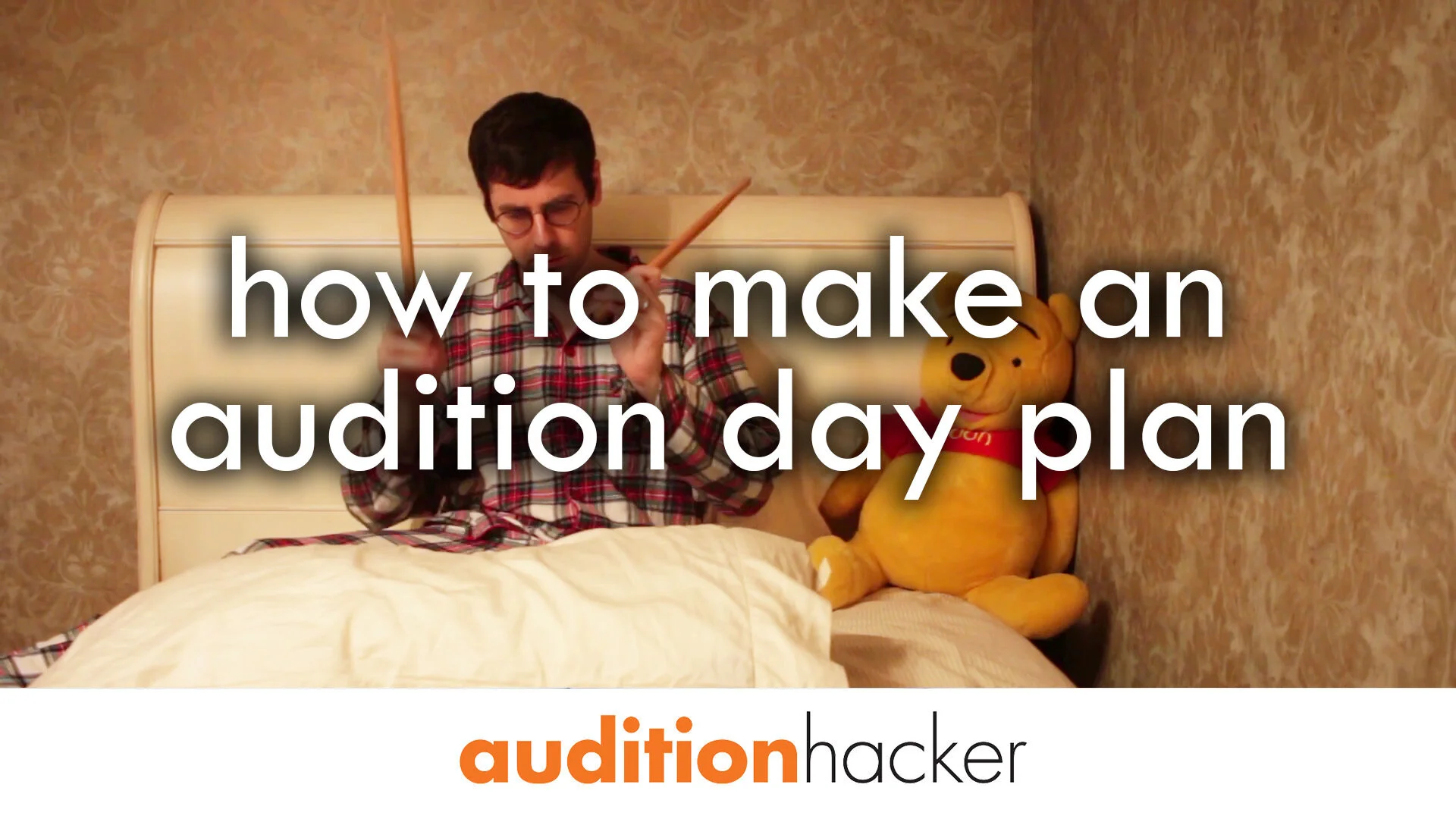


in 2019, a cellist named maria reached out to me about her audition struggles. on paper, she was the “worst audition candidate ever” (her words). she had 2 small children, a full-time teaching job, and hadn’t taken an audition in 4 years.